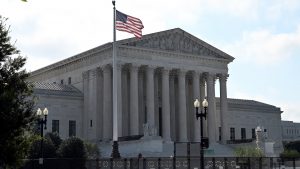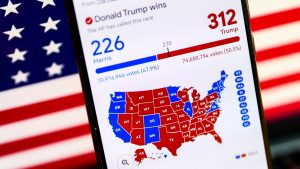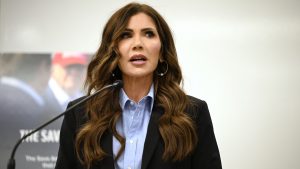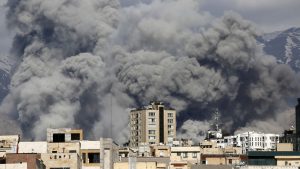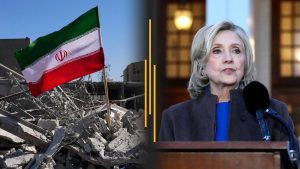Hegseth puts limits on reporters; Pentagon Press Association responds
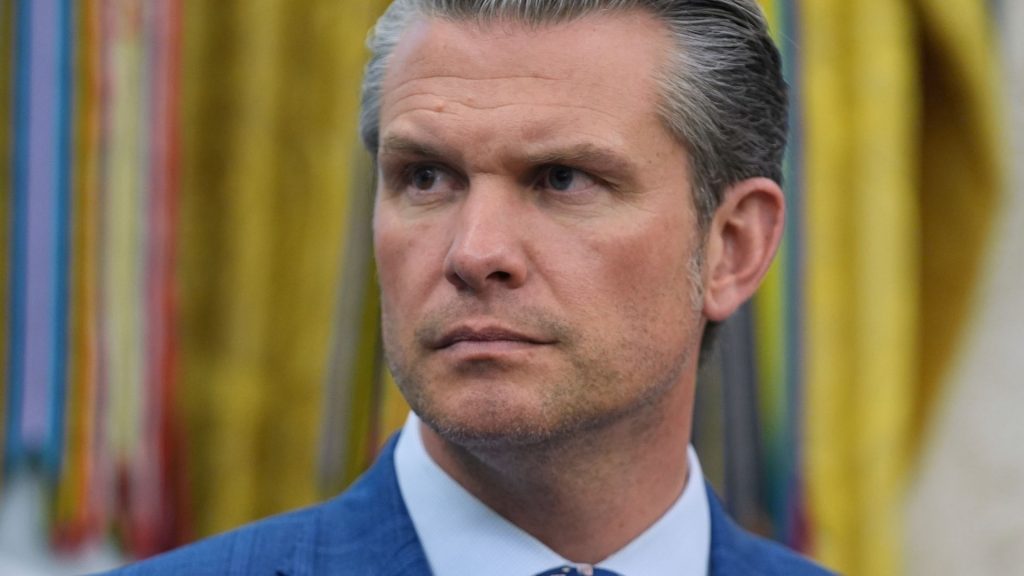
Defense Secretary Pete Hegseth on Friday, May 23 announced on X that there will be new restrictions on journalists covering the Pentagon. These include not allowing reporters in certain areas of the Pentagon they were allowed in before without an escort from the government and “official approval.”
“While the Department remains committed to transparency, the Department is equally obligated to protect CNSI (classified national intelligence information) and sensitive information — the unauthorized disclosure of which could put the lives of U.S. Service members in danger,” Hegseth said in a memo.
Sean Parnell, the assistant to the secretary of defense for public affairs and chief Pentagon spokesperson, said in a statement that the press will still have access to “the entire defense press office, the press secretary and my office, as well as much of the rest of the building.”
“These are pragmatic changes to protect operational security & ultimately brings the Pentagon in line with other government buildings,” Parnell said.
Under the new press policy, journalists will not be allowed in Hegseth’s office, as well as the offices of senior military leadership such as Joint Chiefs Chairman Gen. Dan Caine. In addition, reporters have to sign a form about protecting sensitive information.
Pentagon Press Association calls memo ‘direct attack’
In a statement issued the night of Friday, May 23, the Pentagon Press Association said “there is no way to sugar coat it. Today’s memo by Secretary Hegseth appears to be a direct attack on the freedom of the press and America’s right to know what its military is doing.”
“The Pentagon Press Association is extremely concerned by the decision to restrict movement of accredited journalists within the Pentagon through non-secured, unclassified hallways,” the organization said, according to the Associated Press.
The association reportedly tried to reach out to Hegseth and his aides to keep their “professional working relationship” in place, but have not been successful in talking to him.
“Independent, fact-based reporting on the U.S. military isn’t a luxury. It is a necessity. It keeps voters informed, strengthens democratic oversight and sends a clear message to the world that America stands for openness and accountability,” National Press Club President Mike Balsamo said in a statement. “Restricting access doesn’t protect national security. It undermines public trust.”
New press restrictions come after leaks
These new regulations follow leaks from the Defense Department, including one to The New York Times that Tesla and SpaceX CEO Elon Musk was briefed on the United States military’s plans if a war happened in China.
That briefing didn’t happen after an order from President Donald Trump, and Hegseth suspended two Pentagon officials as a result of the leak.
In addition, there was a March incident where the editor-in-chief of The Atlantic, Jeffrey Goldberg, was mistakenly added to a Signal group chat where Hegseth and other officials talked about U.S. military strikes in Yemen. The Department of Defense said it will review Hegseth’s use of Signal, as Straight Arrow News previously reported. Former national security adviser Mike Waltz was fired from his position, and Trump named him as the nominee for United Nations ambassador.
The Trump administration has imposed other limits on journalists, including blocking the Associated Press from certain White House events.
According to the AP, Hegseth has not spoken to press in the Pentagon’s briefing room, and Parnell has only had one briefing since Jan. 20.

